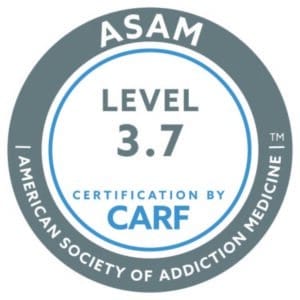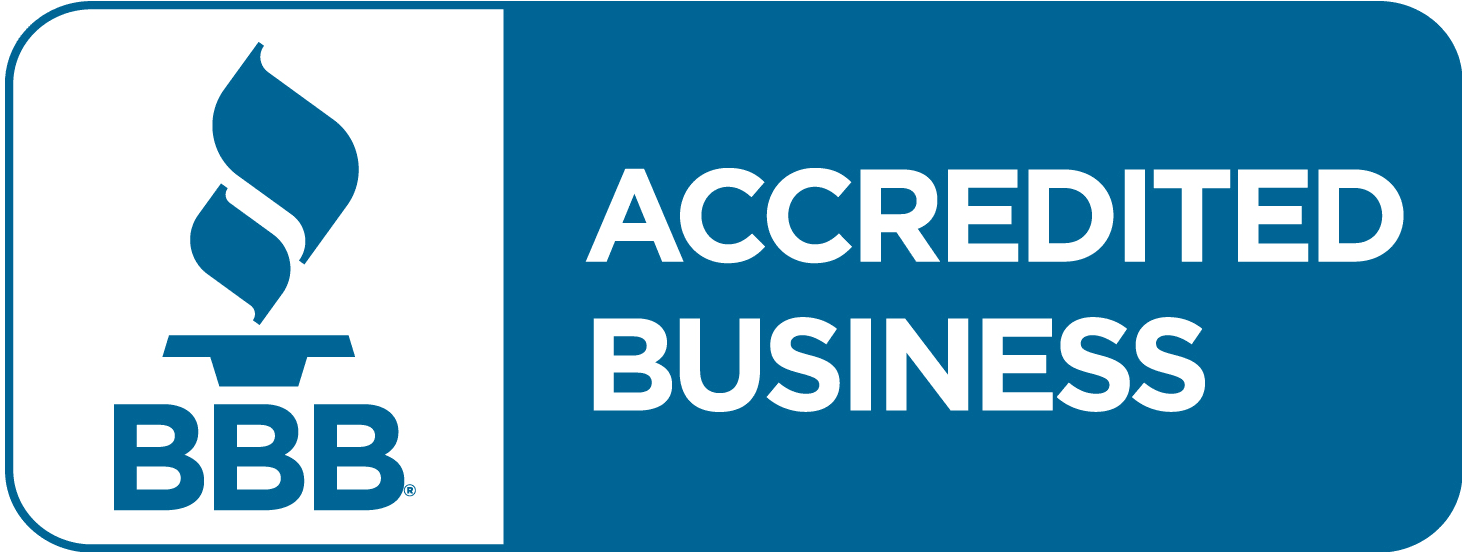The Importance of Detox in Substance Abuse Treatment
The detox process for substance abuse can vary depending on the type of substance abused and the severity of the addiction. Generally, the process involves gradually reducing the dosage of the substance until it is no longer present in the body. This process can be difficult and uncomfortable, as the body may experience withdrawal symptoms such as nausea, sweating, and tremors. In some cases, withdrawal symptoms can be severe and even life-threatening, highlighting the importance of seeking professional help for detox.
Substance abuse is a complex condition that affects millions of people worldwide. The first step in treating substance abuse is detoxification, which removes drugs or alcohol from the body. Detox is a crucial step in recovery and can help individuals overcome physical dependence on drugs or alcohol. Let’s discuss the detox process for substance abuse and the importance of seeking professional help for detox.
What is Detox?
Detox is the process of removing drugs or alcohol from the body. During detox, the body goes through a withdrawal period as it adjusts to the absence of drugs or alcohol. Withdrawal symptoms can be severe, including nausea, vomiting, anxiety, tremors, and seizures. The severity and duration of withdrawal symptoms depend on several factors, including the type of substance abused, the duration of abuse, and the individual’s overall health.
Why is Detox Important?
Detox is an essential step in the recovery process for substance abuse. It helps individuals overcome physical dependence on drugs or alcohol and prepares them for further treatment. Detox can also help prevent potentially life-threatening complications associated with withdrawal, such as seizures or delirium tremens.
Professional Detox vs. At-Home Detox
While some individuals attempt to detox at home, professional detox is recommended for several reasons. Professional detox provides a safe, controlled environment where individuals can receive medical supervision and support throughout withdrawal. Medical professionals can monitor vital signs, provide medication to manage withdrawal symptoms, and intervene in case of complications. Attempting detox at home can be dangerous and increase the risk of relapse or life-threatening complications.
What to Expect During Detox
The detox process can vary depending on the individual and the substance abused. However, some general steps are typically followed during detox:
- Evaluation: During the evaluation process, medical professionals will assess the individual’s overall health and substance abuse history. This information will be used to develop a personalized detox plan.
- Stabilization: The stabilization phase involves helping the individual through withdrawal symptoms. Medication may be prescribed to manage symptoms and ease discomfort.
- Transition: After the individual has stabilized, they will transition to further treatment. This may include residential or outpatient treatment, therapy, or support groups.
Benefits of Professional Detox
Professional detox services provide a safe and supportive environment for individuals going through the detox process. Medical professionals can monitor vital signs and administer medications to manage withdrawal symptoms, reducing the risk of complications. Additionally, professional detox services can provide counseling and support to address the psychological and social factors that contribute to substance abuse. There are several benefits to seeking professional detox process for substance abuse, including:
- Safe, controlled environment: Professional detox provides a safe environment where individuals can receive medical supervision and support throughout the withdrawal process.
- Medical supervision: Medical professionals can monitor vital signs, provide medication to manage withdrawal symptoms, and intervene in case of complications.
- Emotional support: Professional detox can provide emotional support during a challenging time. Counselors and therapists can help individuals cope with addiction’s emotional and psychological aspects.
- Lower risk of relapse: Professional detox can help lower the risk of relapse by providing a solid foundation for further treatment and recovery.
Seek Professional Help for Detox
If you or a loved one is struggling with substance abuse, seeking professional help for detox is important. At Opus Health, we offer comprehensive detox programs that can help you overcome physical dependence on drugs or alcohol and prepare for further treatment. Our programs are designed to provide a safe, supportive environment where you can receive medical supervision and emotional support throughout detox. Contact us today to learn more about our detox programs and take the first step toward a healthier, happier life.








